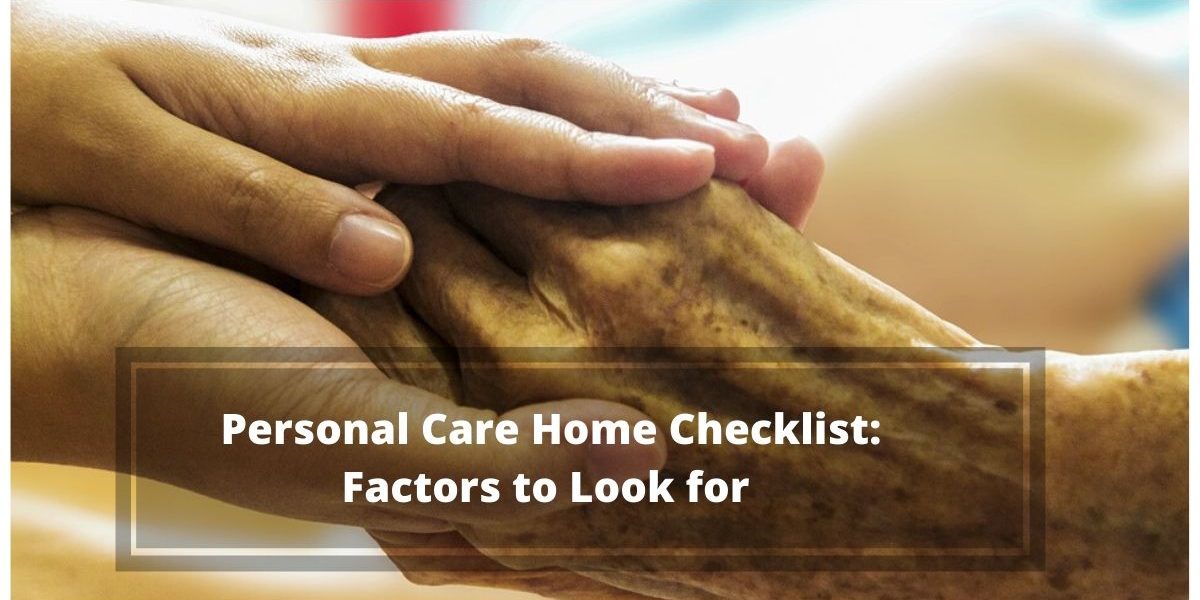Deciding to send a loved one to a care home can be an emotionally difficult call to make. However, knowing that your loved one is taken care of in a safe and caring atmosphere can give you great relief. Therefore, the search for a care home requires a good amount of research as there are many care homes that vary in size, specialties, dining, and other facilities.
Before you get confused as to where to begin, we’ve rounded a few crucial factors that you should consider when searching for a care home for your loved one:
- Location: You may prefer a location that is near your home or a location that has a major hospital closeby. Also, make sure that the care home is accessible by public transportation and has ample parking space for visitors.
- Hygiene: When it comes to judging a place’s hygiene, a clean appearance is not enough. Make sure that the care workers are ensuring that standards of hygiene are maintained as it is vital for the health and well-being of your loved one. Check that not just the common areas but also the kitchen and personal space allocated to your loved ones are clean. Also, check that care workers are well‐groomed as they are the ones who will be taking care of your loved one.
- Streamlined staffing: A care home is warm and hospitable mainly because of the staff. Make sure that the relationship between the staff and the residents appears to be warm, polite and respectful. Make sure that the staff respects the residents’ personal space and independence.
Also, check how the care home you plan to select administers medication to the residents. Many care homes in the UK these days are using electronic medication administration record systems. eMAR can be installed on tablets and Android smartphones and it ensures that the right medicines are administered to the right patients at the right time via the right route.
- Dining facility: Food plays an important role in the quality of life for those living in care homes. Check whether the residents have a say in the menu. Also, ask whether special diets are provided to those with certain medical conditions.
- Activities: Check the activity calendar. Well, thought out activities such as karaoke, gardening, day tours, etc contribute to the resident’s quality of life. Make sure that the specific activities that your family member loves are part of the activity calendar and if not, then place a request. All these activities are important for encouraging socialization and a feeling of belongingness.







